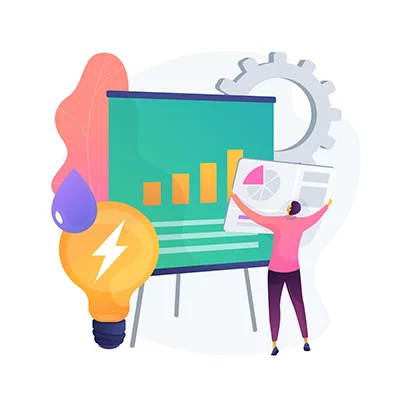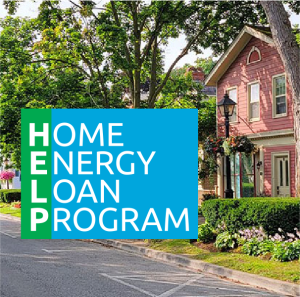Service organizations play a crucial role in the implementation and success of energy audit programs aimed at improving energy efficiency in residential and commercial buildings.
These organizations act as facilitators, connecting homeowners and businesses with qualified professionals who conduct comprehensive assessments of energy usage and recommend efficiency improvements. By partnering with service organizations, energy audit programs can reach a wider audience, raise awareness about the importance of energy conservation, and provide valuable resources and support to those looking to reduce their environmental impact and lower utility costs.

Furthermore, service organizations play a key role in advocating for policies and initiatives that promote energy efficiency and sustainability. Through their expertise and community outreach efforts, these organizations help educate the public about the benefits of energy audits and encourage individuals and businesses to take proactive steps towards reducing their carbon footprint. By collaborating with government agencies, utility companies, and other stakeholders, service organizations contribute to the development of effective energy audit programs that have a lasting impact on both the environment and the economy.
What is a Service Organization?
A Service Organization is an independent entity authorized by Natural Resources Canada (NRCan) to utilize NRCan’s official marks and software, and to implement NRCan’s home labelling programs such as the EnerGuide Rating System (ERS) and ENERGY STAR®for New Homes (ESNH).


These organizations collaborate with builders, energy advisors, and homeowners nationwide to evaluate the energy efficiency and potential energy savings of residential properties throughout the design, construction, and renovation phases.
Additionally, service organizations may engage with provinces, territories, municipalities, utility companies, and other entities to support their own initiatives related to home energy efficiency labelling and retrofit incentives. While service organizations and energy advisors operate under a licensing agreement to utilize NRCan’s resources and deliver its programs, they function as independent businesses and are not affiliated with NRCan as agents, partners, or employees.
It is mandatory for service organizations to adhere to the latest versions of the ERS and ESNH Administrative Procedures, as well as other procedural guidelines specified in their licensing agreement with NRCan.
Here's an overview of their role:
Conducting Energy Audits: Service organizations, such as energy services companies (ESCOs), energy consultants, and engineering firms, carry out detailed evaluations of a facility’s energy use, comparing it with designed performance levels or industry best practices.
Providing Technical and Financial Analysis: They offer insights into the technical and financial aspects of energy efficiency measures, including upfront costs, ongoing costs, projected energy savings, and return on investment.
Recommending Energy Conservation Measures (ECMs): These organizations suggest ECMs that can reduce energy costs by a significant percentage through the identification and implementation of energy-saving strategies.
Supporting Electrification and Grid-Interactive Technologies: Firms may also provide recommendations on systems most beneficial to electrify and appropriate grid-interactive technologies to install1.
Facilitating Retrofits: They help in retrofitting existing buildings to improve energy performance and operational costs, which includes updating HVAC systems, lighting, control systems, and the building envelope.
Improving Occupant Comfort and Reducing GHG Emissions: By conducting energy audits and upgrades, service organizations contribute to improved occupant comfort and progress toward overarching energy- and greenhouse gas (GHG)-reduction goals.
In essence, service organizations are key players in the energy audit process, offering expertise and resources to help buildings and facilities become more energy-efficient and sustainable.
In conclusion, service organizations play a pivotal role in energy audit programs by facilitating access to resources, expertise, and support for individuals and communities seeking to improve energy efficiency. Through their collaborative efforts, service organizations help drive awareness, education, and implementation of energy-saving measures, ultimately contributing to a more sustainable and environmentally conscious society. By partnering with service organizations, stakeholders can leverage their collective impact to address energy challenges, promote conservation practices, and create lasting positive change in the realm of energy efficiency.

Our team of energy advisors excels in the field of residential energy audits, demonstrating unparalleled expertise and dedication to enhancing energy efficiency and sustainability. With a deep understanding of energy consumption patterns and a commitment to providing tailored recommendations for optimizing home energy usage, our team in empowering homeowners to make informed decisions that benefit both their wallets and the environment.
Through our comprehensive assessments and innovative solutions, we strive to guide individuals towards a more energy-efficient future, ensuring that each client receives personalized support and guidance every step of the way. Trust in our team of energy advisors to deliver exceptional service and transformative results in the realm of residential energy audits.














